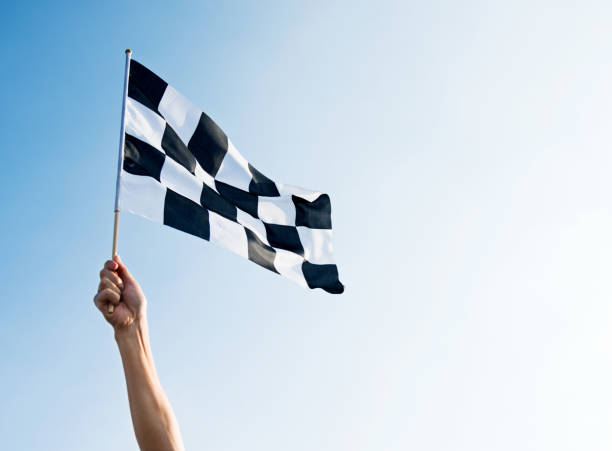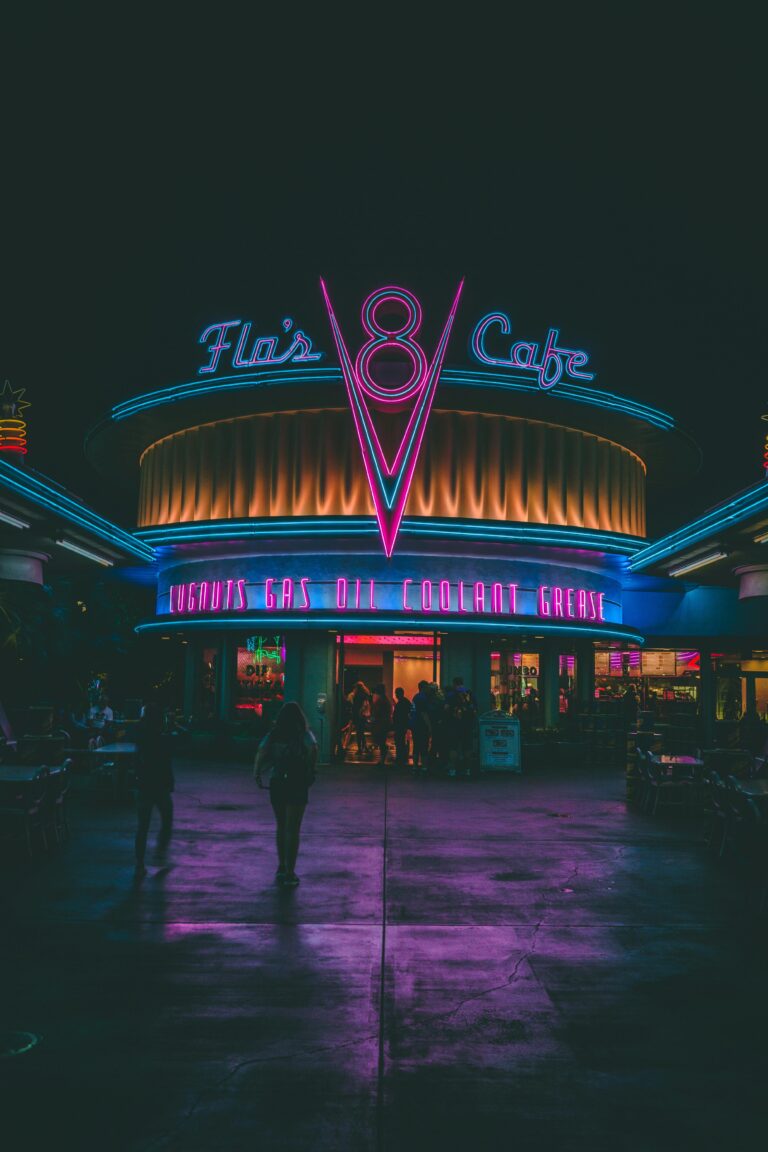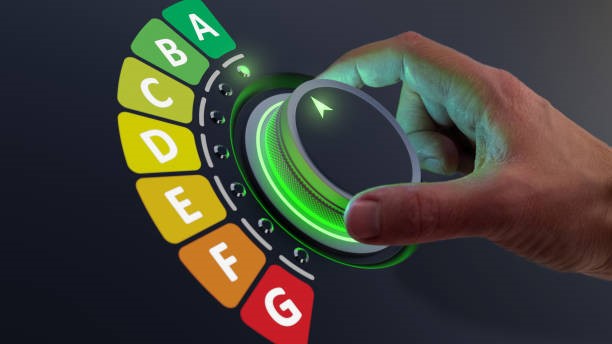Max Verstappen became Formula 1 world champion for the third time in a row this month. This year, for Formula 1, there is not only competition on the track, but also within intellectual property law.
In May 2023, rapper LL Cool J introduced Formula 1 as ‘The Greatest Spectacle in Racing‘ at the Grand Prix in Miami, and in August, Formula 1 used the slogan ‘The Greatest Spectacle on the planet’ to promote its Las Vegas race. At first glance, there seems nothing wrong with this. However, ‘The Greatest Spectacle in Racing’ is the slogan of IndyCar, an American racing organisation that competes with Formula 1. With the slogan, IndyCar has been announcing the Indy 500 for decades, the championship’s most important and popular race held every year in May. IndyCar has registered this slogan as a trademark in America, which means it is protected and cannot be used by others. This allows IndyCar to sue Formula 1 for possible unlawful use of the slogan.
A slogan is a pithy short phrase, mainly used for advertising purposes. A slogan conveys a message and gives charge to a brand. A good slogan can sometimes stick around for years, making it a strong marketing tool for brands. For example, who does not know:
- “Because you’re worth it”
- “Just Do It” “Because you’re worth it”
- “I’m lovin’It”
You would like to protect a good slogan as a trademark, so that others cannot use it and the slogan is “yours”. In the Netherlands, a slogan can be protected in two ways: by having the slogan registered as a trademark and thus through trademark law or through the bond of copyright.
Slogan as a brand
It is not easy to register a slogan as a trademark. Trademark law requires that the slogan must be distinctive. This means that the slogan must not be descriptive of the service or product. “Find your way” for GPS devices and “More than just a cart” for bank cards are rejected. Slogans that are not descriptive can be distinctive and serve as a trade mark, even if they convey an objective, even simple message. According to the court, this may be particularly the case if the slogan is not an ordinary advertising message, but is to some extent original or pregnant and requires some effort of explanation or triggers a thought process in the relevant audience and can be memorised. Well-known slogans are, for example:
- “Maybe she’s born with it. Maybe it’s Maybelline”
- “M&M’s, Melts in Your Mouth, Not in Your Hands”
- ” Have a Break… Have a KitKat”
A slogan that is not considered distinctive can still acquire enough distinctiveness over time. This process is called ‘incorporation’. The target group of the slogan then recognises the slogan as the trademark. The slogan can then still be protected via trademark law. A famous example of this is Audi’s slogan “Vorsprong door techniek”, which in 2003 tried to register the slogan conceived in 1970 as a Union trademark, which eventually succeeded. Among other things, it was ruled that the public is used to making the connection between the slogan and Audi motor vehicles.
Protect slogan via copyright
Besides protection via trademark law, it is also possible that the slogan is protected by copyright. The slogan is then protected by operation of law. Indeed, registration is not required in copyright law.
A slogan is protected by copyright if it meets the requirements set by copyright law. The slogan must have its own original character, i.e. the creation must not be borrowed from another work. In addition, it must bear the creator’s personal stamp; creative choices must have been made when creating the work. In short, it must be the creator’s “own intellectual creation”. This makes it difficult to invoke copyright. It is ultimately the courts that decide on a case-by-case basis whether or not the slogan is protected by copyright. In practice, the criteria slogans must meet to fall under copyright protection are not always easy to prove. Slogans are in the short and simple phrases, which are often not considered creative or original.
An example of a slogans where no copyright was assumed by the court is: “So, but first…” by Bavaria.
Infringement
If a slogan protected by trademark or copyright is used for someone other than the holder of those rights, the holder may take action against that infringement.
Civil torts also provide a ground to act against use of a slogan that is identical or similar to an existing slogan. This is because there may be wat is called in Dutch “slaafse nabootsing” of a slogan. this doctrine was introduced by the Dutch Hoge Raad and provides protection against imitation of the appearance of a product, or in the case of a slogan, the use of a slogan that is identical or similar to an existing slogan. A requirement for adopting the doctrine is that it needlessly confuses the public and a different route could just as well have been taken by the imitator. There must then be some familiarity with the product or slogan: after all, no confusion can arise otherwise either
A real-life example is the summary proceedings between Spoedtest c.s. and Spoedtestcorona. Spoedtest c.s.’s slogan was “Alleen nog even testen” (“Only just testing”), after which Spoedtestcorona, which offered saliva testing, came up with the slogan “Alleen nog even spugen” (“Only just Spitting”). Spoedtest c.s.’s slogan is not protected by copyright, because, according to the court, it was not a special combination of words, but because of the intensive advertising campaign, the slogan enjoyed fame in the Netherlands. As a result, Spoedtestcorona still infringed with its slogan “Alleen nog even spugen”, because it created unnecessary confusion with this slogan and thereby imitated the slogan and acted unlawfully within the meaning of Section 6:162(2) of the Dutch Civil Code.
Slogan register
There is a register for slogans, introduced in 1955 by the Advertising Association called the Slogan Register. Advertisers can have slogans tested for originality at the Association. Slogans that are sufficiently original and distinctive are then included in the Slogan Register. The Slogans Register also helps with a (preliminary) investigation into whether similar slogans exist. The Slogan Register does not grant any rights. However, according to the Advertising Association, the Slogans Register does have a preventive effect and an evidential purpose (of date and holder). As a result, the register can contribute in a possible lawsuit.
Conclusion
With a distinctive slogan, a brand reaches its target audience and raises awareness. Since such a slogan enjoys protection, it is worth putting time into coming up with a catchy original one. If Formula 1 comes up with a strong slogan that sticks with its audience, it will drive past its opponent, IndyCar, with the same ease as Max Verstappen.



